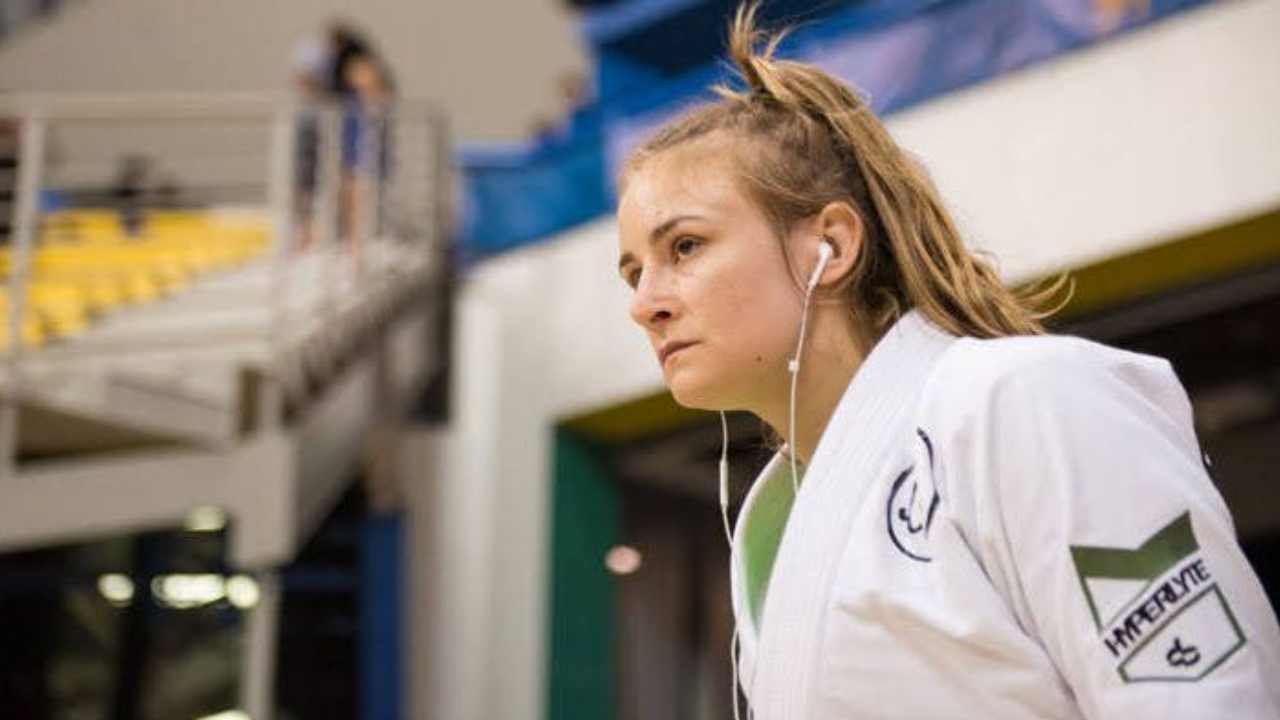The Psychological Benefits of Routine in Combat Sports
May 15, 2024
In the world of sports, having a routine is more than just a daily schedule—it's a crucial part of an athlete's mental preparation and performance. A well-established routine helps athletes focus, reduces anxiety, and ensures they are both physically and mentally prepared for whatever comes their way.
Do you have a certain song you like to listen to before training or competition? Is there a specific warm-up you do every time you compete? Do you bow when you enter or exit the mat area? These are all examples of routines that help us feel ready and in the zone. We don’t want to simply show up; we want to arrive. Combat sports are unique in their unpredictability. There are many variables we cannot control, but there are many we can. So, we focus on what we can control regarding our performance. You may not be able to control what your opponent decides to do, but you can always choose how you respond. Whatever the task may be, performance routines help to heighten awareness and build confidence in your ability to succeed. What’s your mental plan?
Why Routines Matter in Combat Sports
Boosting Focus and Consistency
A routine minimizes distractions and helps athletes enter a 'flow state' where they can perform at their best. When you develop a mental preparation routine or plan, you are deciding how you want to consistently approach, execute, and learn from your performance. This separates routines into a sequence of pre-performance, during performance, and post-performance. All together, you have a string of routines that lead you from start to finish. For example, when you arrive at a competition, you can use the doors of the venue as a symbolic change in focus. As you pass through the entrance, use it as a cue to get into the zone by mentally preparing for the performance that is to come. Having the right mindset is crucial for fight time.
Reducing Pre-Performance Anxiety
Familiarity breeds confidence. Knowing exactly what to do before a competition can significantly reduce nerves. Rituals and pre-game routines can serve as psychological cues that signal the body and mind to prepare for peak performance. Types of routines provide stability and familiarity despite changing environments. They are repeatable, consistent, and purposeful, yet flexible when needed. Superstitions and rituals might help get into the right headspace, but routines bring it all together with preparation, consistency, and evidence-based practice.
One of my clients experienced severe performance anxiety before competitions. We developed a strict pre-game routine that included visualization, breathing exercises, and a specific warm-up sequence. Over time, this routine became a reliable way for them to manage their anxiety and enter competitions feeling confident and ready.
Enhancing Recovery
Post-comp routines are just as important. They help athletes wind down, process the performance, and begin recovery. Consistent recovery routines ensure better physical maintenance and readiness for future training sessions or competitions. Combat sports have many variables and expose athletes to high emotional loads as well as the possibility of injury. Remaining focused, composed, and confident can be difficult when your opponent is ruthless.
After a particularly tough match that she lost, a client of mine found that sticking to a structured recovery routine, including stretching, hydration, and mental reflection, helped them bounce back quicker than expected. This routine not only aided their physical recovery but also helped them mentally process the performance, leading to improvements in future competitions.
Maintaining Mental Health
Routines can help maintain an athlete's mental health by providing structure and reducing the uncertainty that can lead to stress. Regular routines that include mental skills training, such as visualization or mindfulness, can fortify an athlete’s resilience. You must prepare with different types of routines. Combat sports have many rule sets and circumstances under which athletes compete, so it is crucial to plan for as many “what if” situations as possible.
Building Your Own Effective Routine
Every athlete's routine may look different, but the benefits of having one are universal. Start small, perhaps by establishing a morning or pre-training routine, and gradually build up to a comprehensive daily schedule that supports all aspects of your training. Remember, the goal is to create habits that foster both performance and well-being.
Take a moment to reflect on your current routines and consider how you might enhance them for better results in sports and life. Whether it's adding a new mental skill to your pre-performance routine or developing a structured recovery process, the effort you put into building effective routines will pay off in your athletic performance and overall well-being.
Check out the flagship Train Ya Mind course on building pre-match routines for jiu jitsu:
Get your FREE guide on setting intentions for competition!
Learn how to set clear and powerful intentions to arrive matside authentically.
Click on the button below to enter your email and receive your free guide to take the first step towards mastering your mental game.

